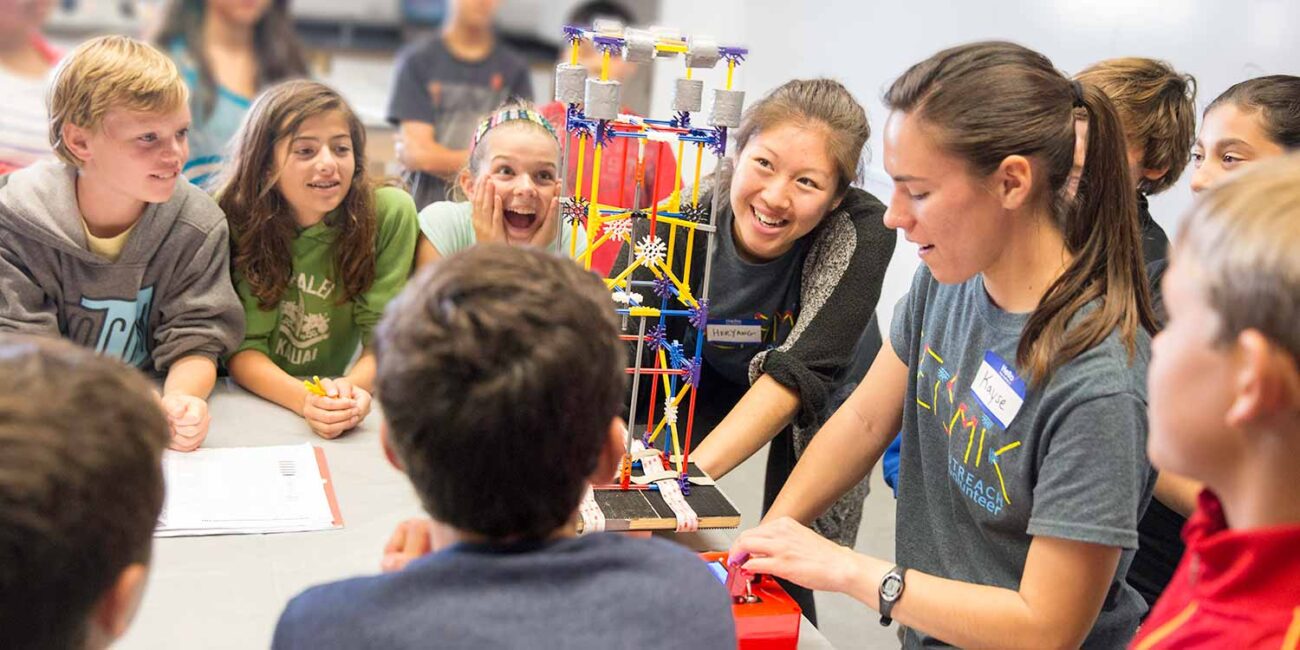Supporting your child’s learning at home has never been more important—or rewarding. Whether your child is in elementary, middle, or high school, your encouragement and guidance play a pivotal role in fostering a lifelong love of learning. In today’s fast-paced world, children face new challenges both in and out of the classroom. As a parent, you can make a real difference in your child’s academic journey by creating a nurturing, engaging environment right at home.
Let’s dive into practical, actionable strategies that will empower your child to succeed—academically, emotionally, and socially.
Why Home Support Matters for Children’s Learning
Your involvement at home lays the foundation for academic success. When you show interest in your child’s education, you boost their confidence and motivation. Supporting their learning doesn’t just mean helping with homework—it’s about sparking curiosity, building positive routines, and encouraging resilience.
Studies consistently show that kids with engaged parents develop stronger literacy, numeracy, and social skills. They become more confident problem solvers, eager readers, and lifelong learners.
Creating a Positive Learning Environment
Designate a Dedicated Study Space
A comfortable, well-lit space helps children focus on schoolwork. It doesn’t have to be an entire room; even a quiet corner with a desk, chair, and access to supplies works well.
Encourage your child to personalize their space with their favorite artwork or motivational quotes. A sense of ownership can boost enthusiasm and responsibility.
Keep Supplies Handy
Save time—and reduce frustration—with easy access to pens, pencils, notebooks, calculators, and art materials. Keep everything organized so your child can start tasks efficiently and stay focused.
Minimize Distractions
Limit screen time during homework sessions (apart from necessary educational tools). Put away phones and keep the television off. Calm background music or white noise can help some children concentrate, but always tailor the environment to your child’s needs.
Establishing Routines and Healthy Habits
Set Consistent Schedules
Children thrive on routine. Establish regular times for homework, meals, outdoor play, and bedtime. These habits help children manage their time, reduce stress, and maintain a healthy balance between academics and downtime.
Prioritize Sleep and Nutrition
Rest and nourishment fuel learning. Prioritize early bedtimes and nutritious meals rich in fruits, vegetables, and whole grains. Encourage your child to drink water and take regular movement breaks.
Encourage Physical Activity
Active play not only supports physical health, but also boosts concentration and memory. Go for family walks, bike rides, or play sports together. Physical movement is especially important for children learning from home, providing much-needed energy and focus.
Encouraging Independence and Responsibility
Let Your Child Take the Lead
Give your child choices about how they approach tasks, organize their time, or solve problems. Let them attempt assignments on their own before stepping in to help. This builds confidence and problem-solving skills.
Use Positive Reinforcement
Celebrate effort just as much as achievement. Praise hard work, perseverance, and creative thinking. Recognize when your child bounces back from setbacks—a growth mindset leads to long-term success.
Teach Planning and Organization Skills
Help your child use calendars, to-do lists, and planners. Model goal-setting by breaking big projects into manageable steps. Over time, these habits will help them independently manage academics and extracurriculars.
Making Learning Fun and Relevant
Leverage Everyday Learning Opportunities
Turn daily routines into learning adventures. Cooking together can teach math and science concepts. Grocery shopping offers lessons in budgeting and measurement. Even household repairs can introduce new vocabulary and practical skills.
Encourage Reading for Pleasure
Reading isn’t just for school—it’s a gateway to imagination and knowledge. Visit the library, swap books with friends, or start a family reading night. Let your child choose books that match their interests and reading level.
Explore Educational Games and Technology
A wide range of apps, games, and websites can make learning engaging. Choose platforms that align with your child’s grade level and learning goals. Educational technology offers guided practice, instant feedback, and even opportunities for collaborative learning.
Connect Lessons to Real Life
Discuss how schoolwork relates to careers, hobbies, and the world around us. Show how history, science, or math appear in everyday life. When children see the relevance, their motivation—and retention—improves.
Building Strong Communication
Stay Connected with Teachers
Maintain open, respectful communication with your child’s teachers. Attend parent-teacher conferences and use email or school platforms to stay updated. Teachers can offer valuable insights and recommendations tailored to your child’s unique strengths and needs.
Encourage Open Dialogue with Your Child
Be curious about what your child is learning. Ask open-ended questions, listen actively, and show genuine interest—even when topics seem simple. Let your child express challenges without fear of criticism. Your support builds self-esteem and resilience.
Supporting Emotional Wellbeing
Foster a Growth Mindset
Teach your child that mistakes are part of learning. Encourage them to embrace challenges, persist through setbacks, and believe that skills grow with practice. A growth mindset helps children cope with frustration, remain optimistic, and try new things.
Validate Feelings and Emotions
It’s normal for children to feel anxious, frustrated, or overwhelmed at times. Listen with empathy, validate their feelings, and offer practical coping techniques like deep breathing or short breaks. Model calm problem-solving and celebrate emotional strengths.
Balance Academics and Play
Don’t let learning become all work and no play. Creative play, social time, and hobbies are essential for holistic development. Encourage unstructured time for imaginative play, arts and crafts, music, or outdoor exploration.
Empowering Your Child for Lifelong Success
Supporting your child’s learning at home doesn’t require expensive resources or specialized knowledge. It’s about making small, consistent efforts and being involved in ways that suit your family. Your encouragement, structure, and understanding transform home into a launchpad for academic growth and personal development.
Remember, every child learns differently. Adapt these ideas to fit your child’s personality and needs, and let your guidance flow from patience and love.
Ready to see your child thrive? Try these strategies and watch them develop confidence, curiosity, and a love of learning—starting at home.

